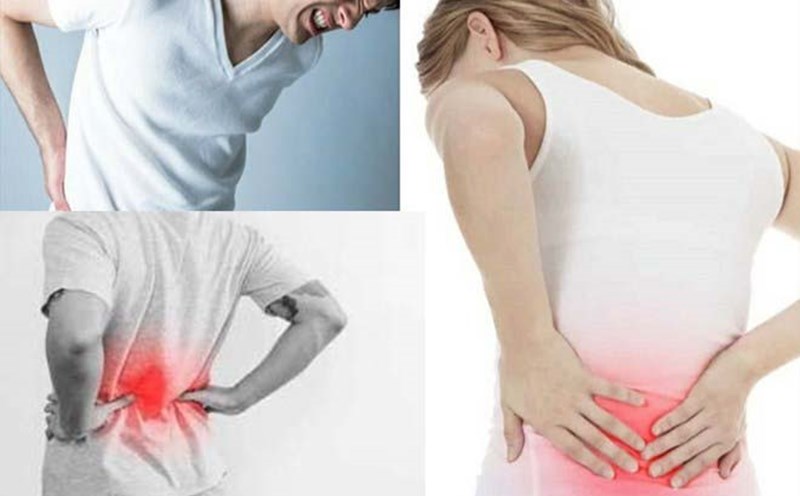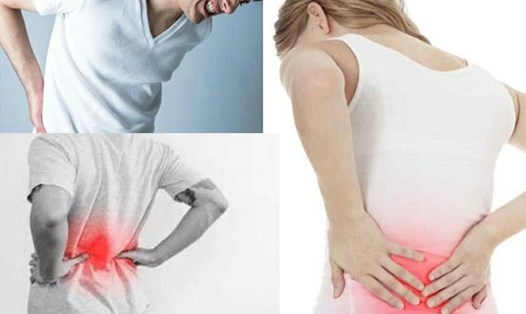The back performs many important functions in the body, says Rakhi Dandona, Professor at the Public Health Foundation of India (PHFI). It protects body tissues, supports bone structure and aids movement. Another important function of the back is to protect the organs in the abdomen and pelvis, and to act as a cover for the spinal cord and nervous system.
According to Ms. Dandona, anyone can suffer from back pain if they are physically weak, overweight or do heavy work. In addition, gender is also a factor related to back pain. Because the rate of lower back pain in women is always higher than that of men.
Women are more susceptible to lower back pain than men, as Rakhi Dandona points out, due to a number of specific physiological and lifestyle factors, including:
Physiology and body structure: Women often have different bone and body structures than men. Women's spines often have a greater lower back (lumbar) curve, which can easily increase pressure on the discs and joints.
Additionally, women's pelvises are wider and angled differently than men's, creating changes in the way body weight is distributed, which can increase the risk of back pain.
Hormonal changes: Changes in hormones, especially estrogen, can affect the elasticity of ligaments and joints. During pregnancy and menopause, hormonal changes cause the joints and muscles in the back to become more lax, leading to back pain.
Pregnancy: During pregnancy, a woman's body gains weight and changes her center of gravity, putting strain on the muscles and ligaments in her lower back. These changes can lead to back pain, especially in the later months of pregnancy.
Movement and work habits: Women often do jobs that require moving, bending, or standing for long periods of time, such as doing housework or childcare, which can put pressure on the lower back.
Furthermore, women may be less likely to participate in sports activities that help strengthen back muscles and protect the spine.
Psychological factors: Women tend to experience more stress and anxiety and have a harder time relieving it than men, which can lead to muscle tension and back pain. Additionally, stress can also reduce the body's ability to recover from back pain.








